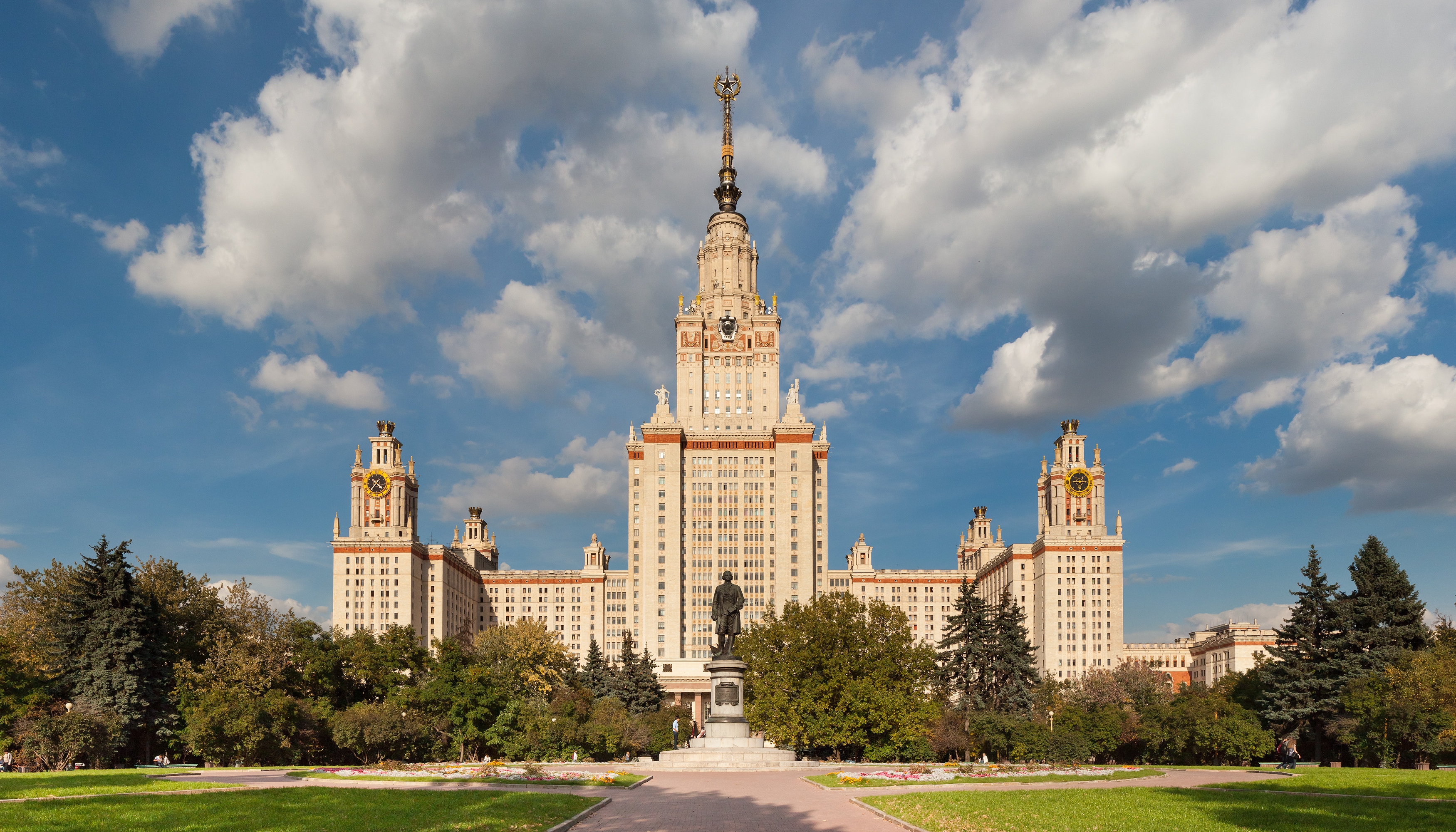 MOSCOW, Russia – A university in Russia has unveiled an ambitious “Noah’s Ark” project to collect cell samples of all the living species on Earth.
MOSCOW, Russia – A university in Russia has unveiled an ambitious “Noah’s Ark” project to collect cell samples of all the living species on Earth.
Dr. Viktor Sadovnichy, president of Moscow State University, recently announced plans for the undertaking in a press conference. Likening the project to Noah’s Ark, Sadovnichy said the university aims to create a database of “every living thing on Earth.”
“If this project is realized, it will mean a thrust forward in the history of Russian science, as this will be the first country in the world to create a true Noah’s Ark,” Sadovnichy said, as reported by Russian media sources. “It will involve the creation of a depository for the storing of every living thing on Earth, including not only living, but disappearing and extinct organisms. This is the challenge we have set for ourselves.”
The university’s depository will store biomaterial samples of as many species as possible, including endangered and extinct organisms.
“It will have the facilities for cryogenic storage of the cell material samples with an opportunity to reproduce them in the future,” Sadovnichy explained. “It will also have information systems because there’s no need to keep absolutely everything in test tubes.”
The enormous “Noah’s Ark” database will be housed at the university’s central campus in a 430,000 square meter facility, which is equivalent to 4.6 million square feet. The project will require nearly $20 million to build.
According to the Daily Mail, similar DNA banks have been created in other countries. For example, the “frozen zoo” at the San Diego Zoo and the Frozen Ark Project in the United Kingdom house samples from thousands of species. However, Russia’s latest endeavor is more ambitious than any other such project.
Russian scientists say they would like to eventually coordinate and unite the Moscow State University species database with other comparable databases in Russia and around the world. The university hopes the project, which is scheduled to be completed by 2018, will inspire and involve younger generations of scientists.
As previously reported, the U.S.-based Christian organization Answers in Genesis (AiG) recently broke ground on a life-sized Noah’s Ark replica near Cincinnati that is expected to become a major tourist attraction and evangelistic outreach. Recent research related to the AiG project has shown that the Noah’s Ark of the Bible most likely did not preserve all living animal species, but rather representations of animal “kinds.”
Become a Christian News Network Supporter...


